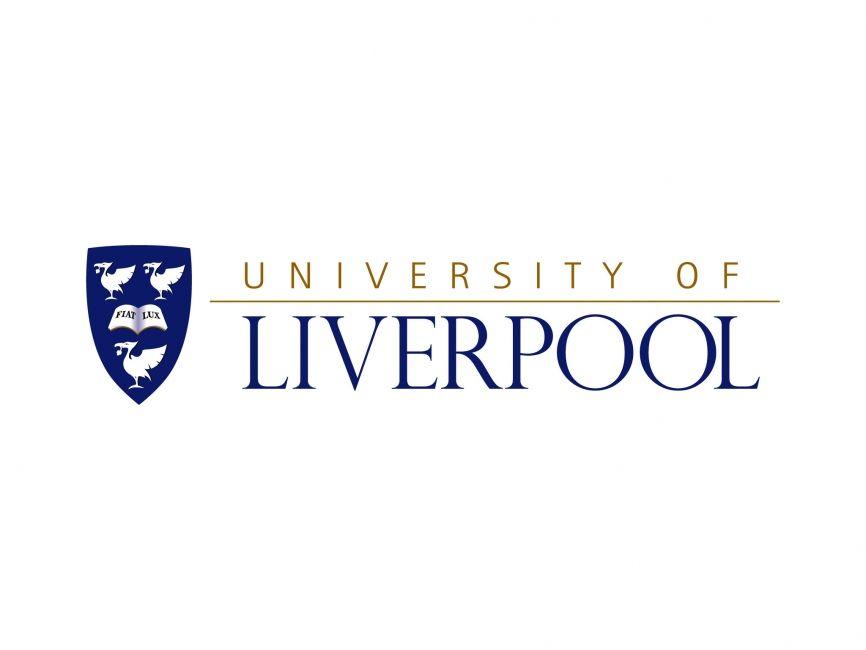
BEng (Hons) in Aerospace Engineering with Pilot Studies with a Year in Industry
University of Liverpool, Liverpool


University of Liverpool, Liverpool

BEng (Hons) in Aerospace Engineering with Pilot Studies with a Year in Industry
University of Liverpool, Liverpool
Top choice of Indian students
Fee Waiver with Leap
Exceptional quality of education: #36 in the Guardian University Guide 2024.
It is a top-ranked institution verified by QS
Russel Group of Institutes
Degree
Undergraduate
Duration
48
Course Type
With Co-op
Co-op education gives you real-world experience in a job related to your studies.
INR
30.72L
USD 36140
1st Year Tuition Fees
Opening Soon
GBP 28.5